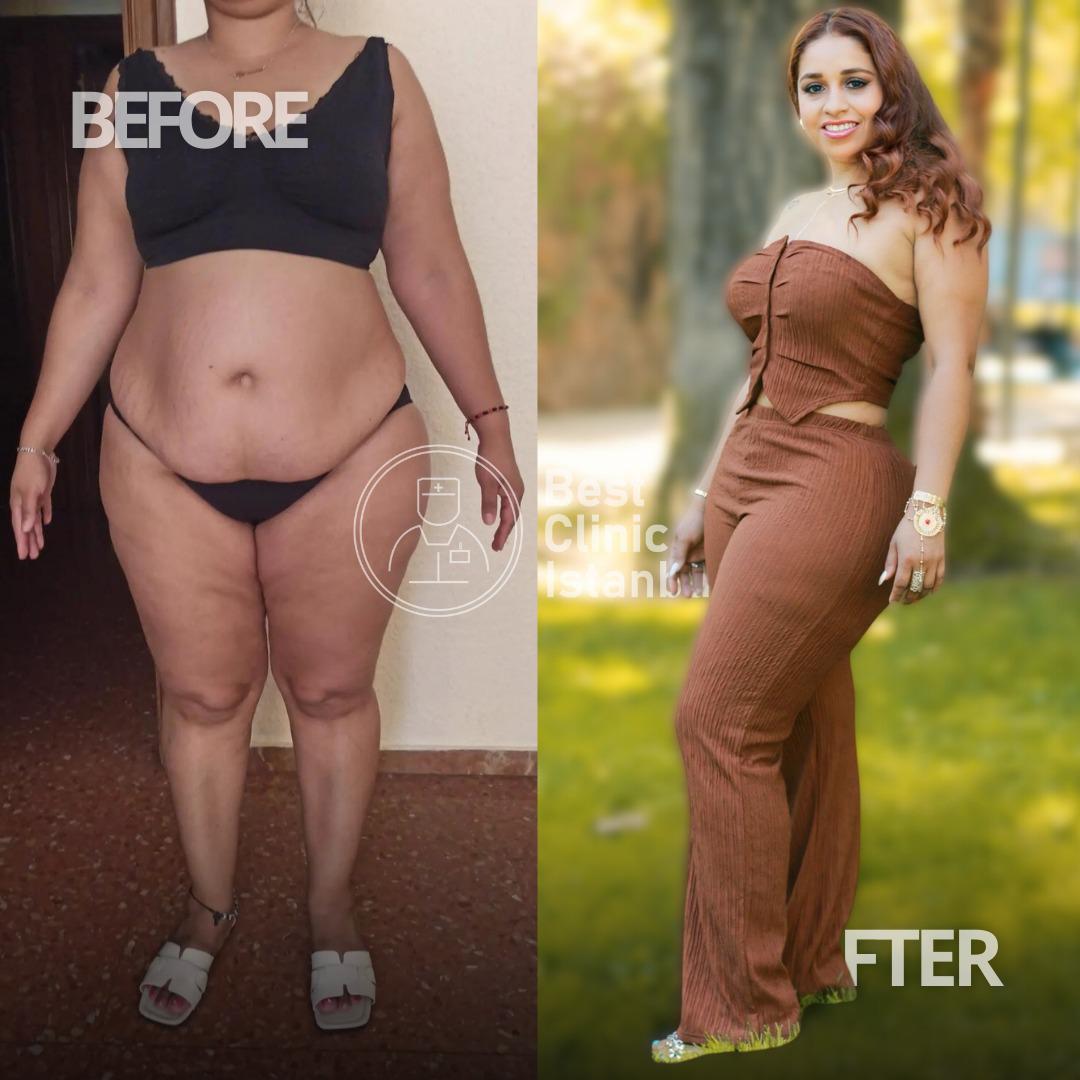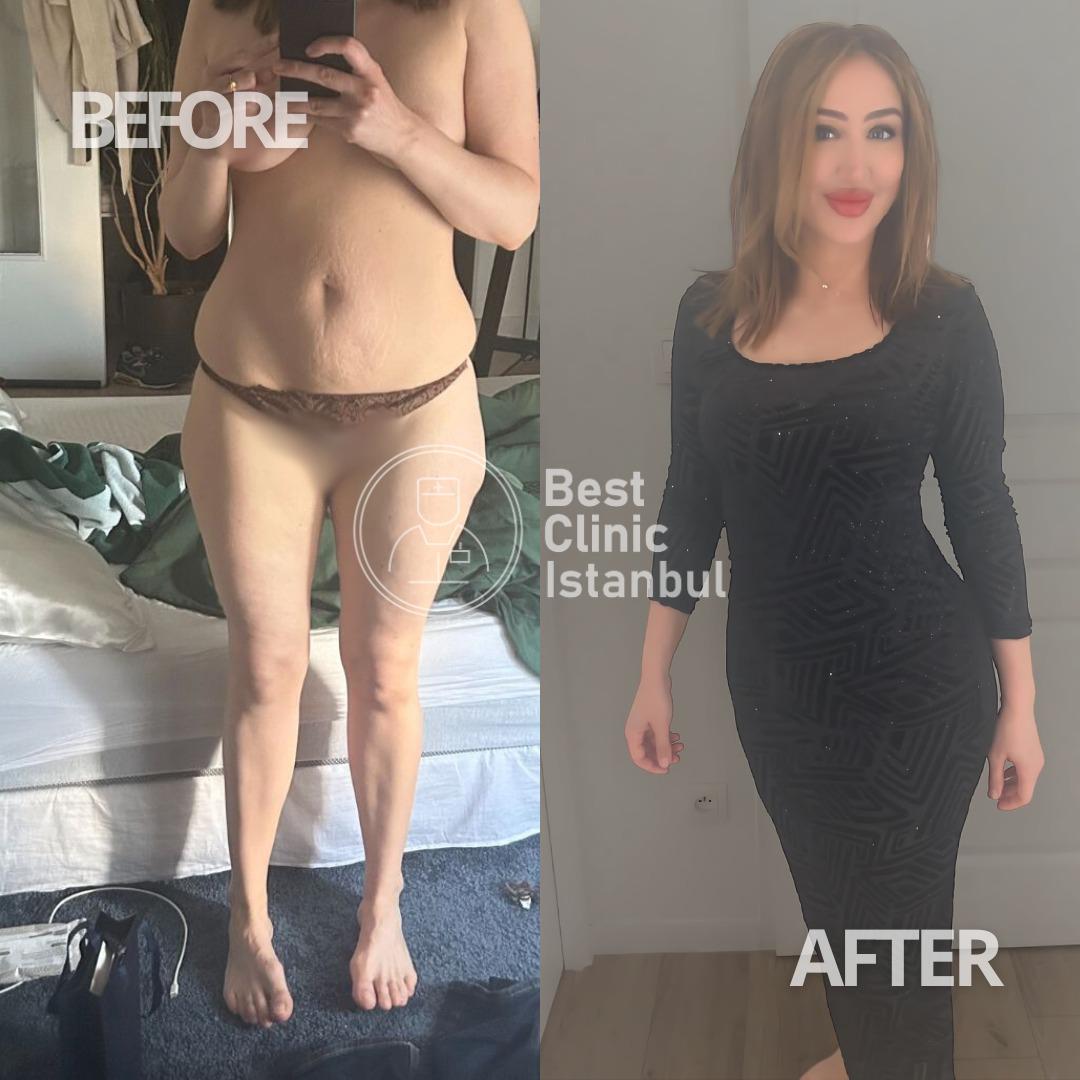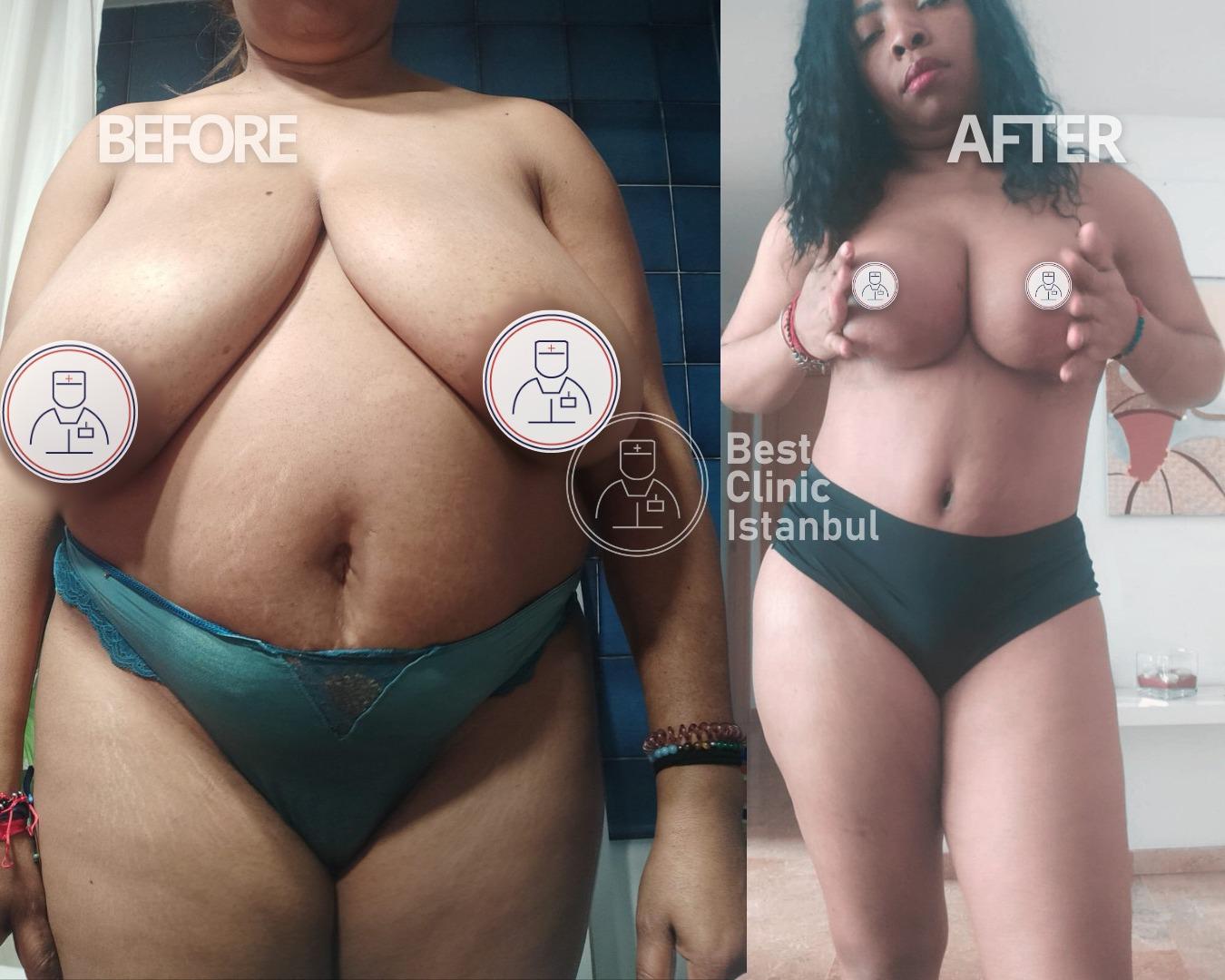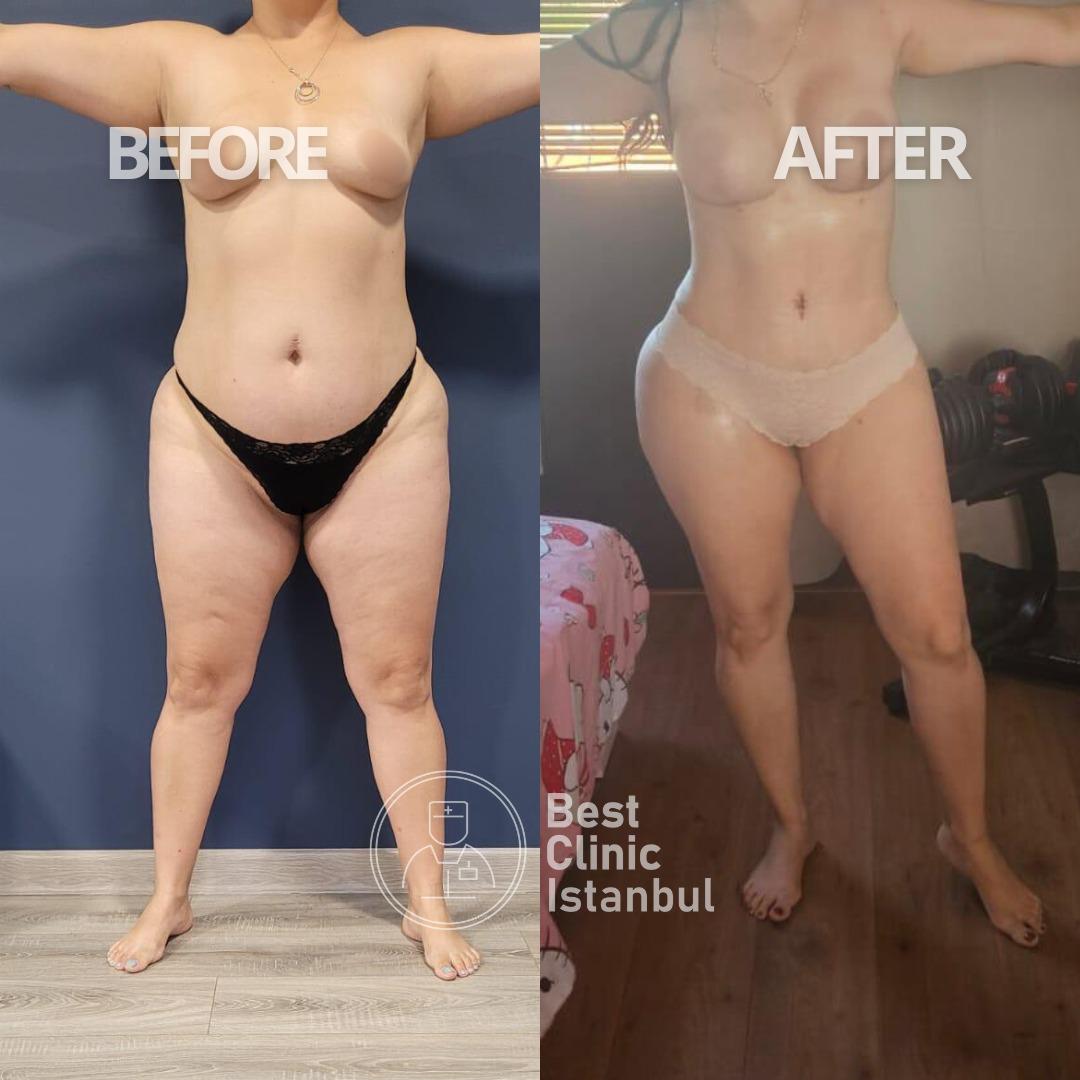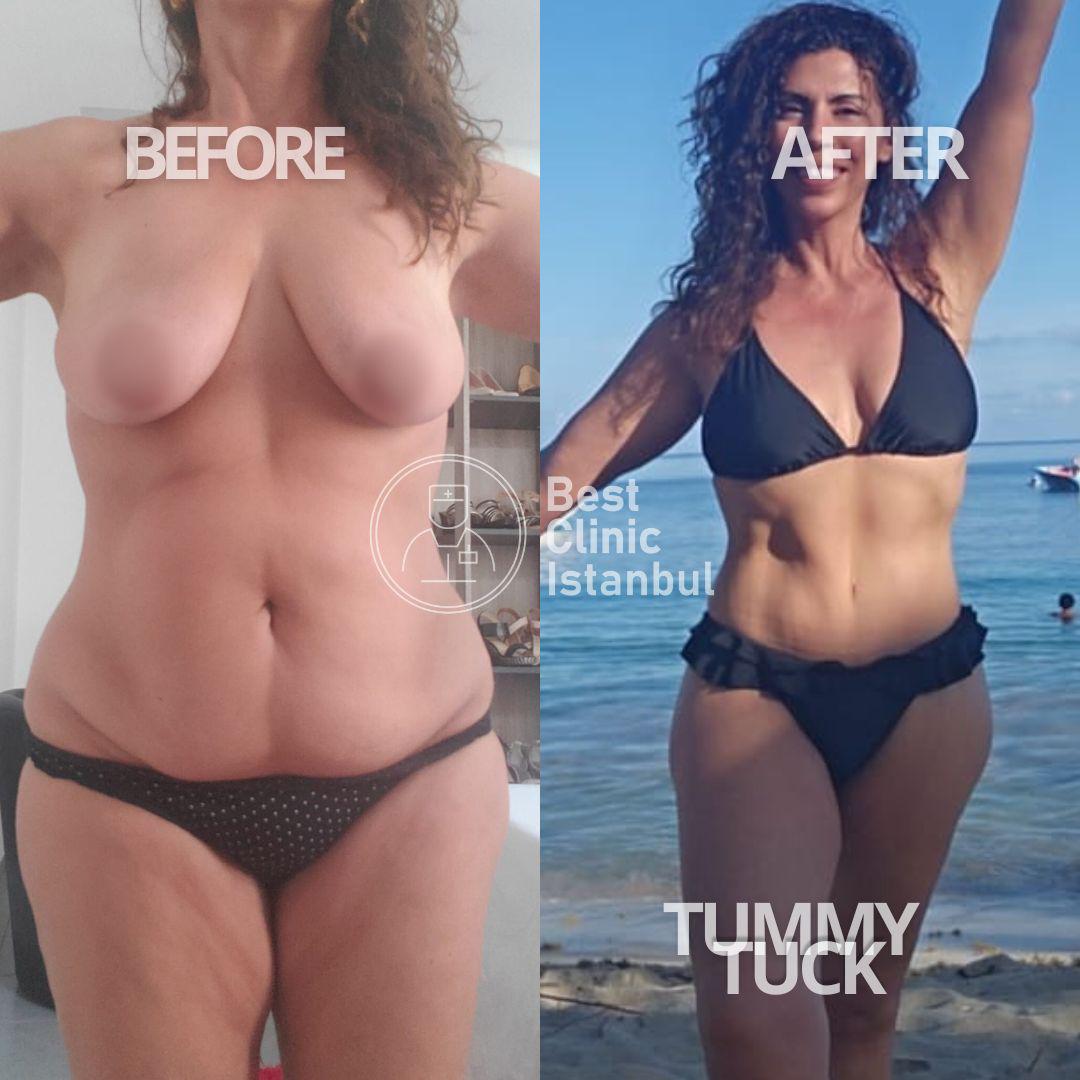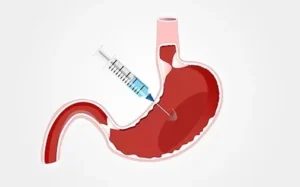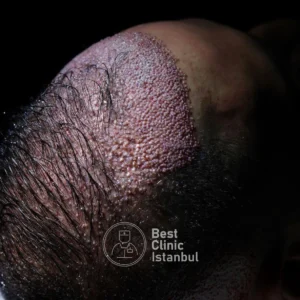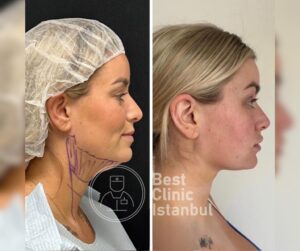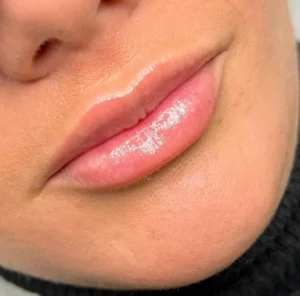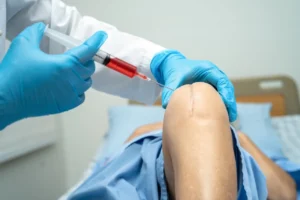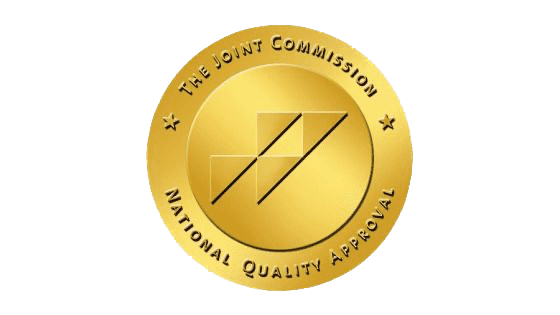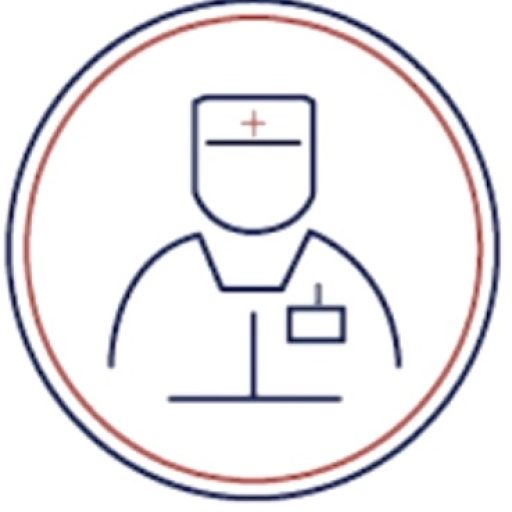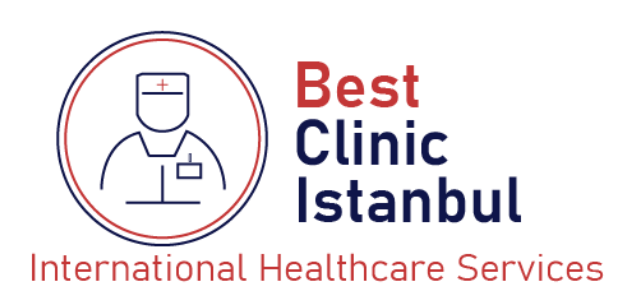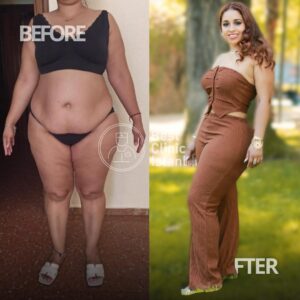
tummy tuck
We use the best and latest Tummy Tuck techniques to guarantee you get the best results.
How Long After Baby Can You Have a Tummy Tuck?
When considering a tummy tuck after pregnancy, it is essential to allow your body ample time to heal. Most surgeons recommend waiting at least six months to a year after giving birth before undergoing the procedure. This allows the body to fully recover from the pregnancy and any weight fluctuations that come with it. If you’ve had a C-section, it’s important to allow additional time for the incision to heal properly. Furthermore, if you plan on breastfeeding, waiting until you’ve completed the breastfeeding journey is advised because the hormonal changes can impact the elasticity of the skin and the final results of the surgery.
Why Is a Tummy Tuck Good For?
A tummy tuck, also known as an abdominoplasty, is a popular procedure for removing excess skin and tightening abdominal muscles. The primary benefits of this procedure include:
- Improved abdominal appearance: A tummy tuck addresses sagging skin, stubborn fat, and muscle separation, resulting in a flatter and more toned abdomen.
- Strengthening the core: This procedure can help repair weakened or separated abdominal muscles, especially common in post-pregnancy women who suffer from diastasis recti.
- Boosting self-confidence: Many individuals report a significant boost in self-esteem and body image after undergoing a tummy tuck.
Considering a Tummy Tuck? Here’s What You Need to Know!
If you’re thinking about a tummy tuck to achieve a flatter and more toned abdomen, here are some important questions your surgeon might ask to ensure you are a good candidate for the procedure. Take the time to read them and prepare your answers for your consultation.
Why Is a Tummy Tuck Good For Post-Pregnancy?
Pregnancy can dramatically change a woman’s body, particularly the abdominal region. Even after achieving pre-pregnancy weight, many women struggle with loose, sagging skin and separated abdominal muscles. A tummy tuck is particularly beneficial post-pregnancy because:
- It addresses muscle separation: Many women experience a condition known as diastasis recti, where the abdominal muscles stretch and separate due to the growing baby. A tummy tuck can repair and tighten these muscles, restoring a firm core.
- It removes excess skin and fat: After pregnancy, excess skin may remain stretched, and areas of stubborn fat may be resistant to diet and exercise. A tummy tuck effectively removes this, giving the abdomen a more sculpted appearance.
- Improved posture and back support: By tightening the abdominal muscles, a tummy tuck can also help improve posture, as stronger core muscles provide better support for the spine, potentially alleviating post-pregnancy back pain.
Does Insurance Cover a Tummy Tuck?
In most cases, a tummy tuck is considered a cosmetic procedure, and health insurance does not cover the cost. However, there are exceptions. If the tummy tuck is performed for medical reasons, such as to correct a hernia or repair severe diastasis recti that causes significant discomfort or medical issues, insurance may cover part of the procedure. It’s important to consult both your plastic surgeon and insurance company to see if any medical reasons can justify coverage.
Tummy Tuck Before and After: What to Expect
Many individuals are curious about the results of a tummy tuck and often look for “before and after” photos to gauge the potential transformation. Before the procedure, patients typically present with loose skin, fat deposits, and sometimes muscle separation. After the surgery, the abdomen appears flatter, firmer, and more contoured. Swelling and bruising are common during the recovery period, but as these subside, the final results begin to show.
To achieve the best “before and after” results, it’s essential to follow your surgeon’s advice regarding recovery, which includes avoiding strenuous activity and wearing compression garments to support the healing process.
4. Do you have any allergies to medications or anesthesia?
Yes, if you have known allergies to medications, anesthetics, or other substances, it is crucial to inform us to avoid any allergic reactions during or after the surgery.
5. Do you smoke or drink alcohol?
If you smoke, it is recommended to stop smoking at least a few weeks before and after the surgery to improve healing and reduce complications. Alcohol can also interact with medications and affect recovery.
Start the change and get the most out of your style with Tummy Tuck operation in Turkey
Make a free consultation with us.
Get Offer Now





